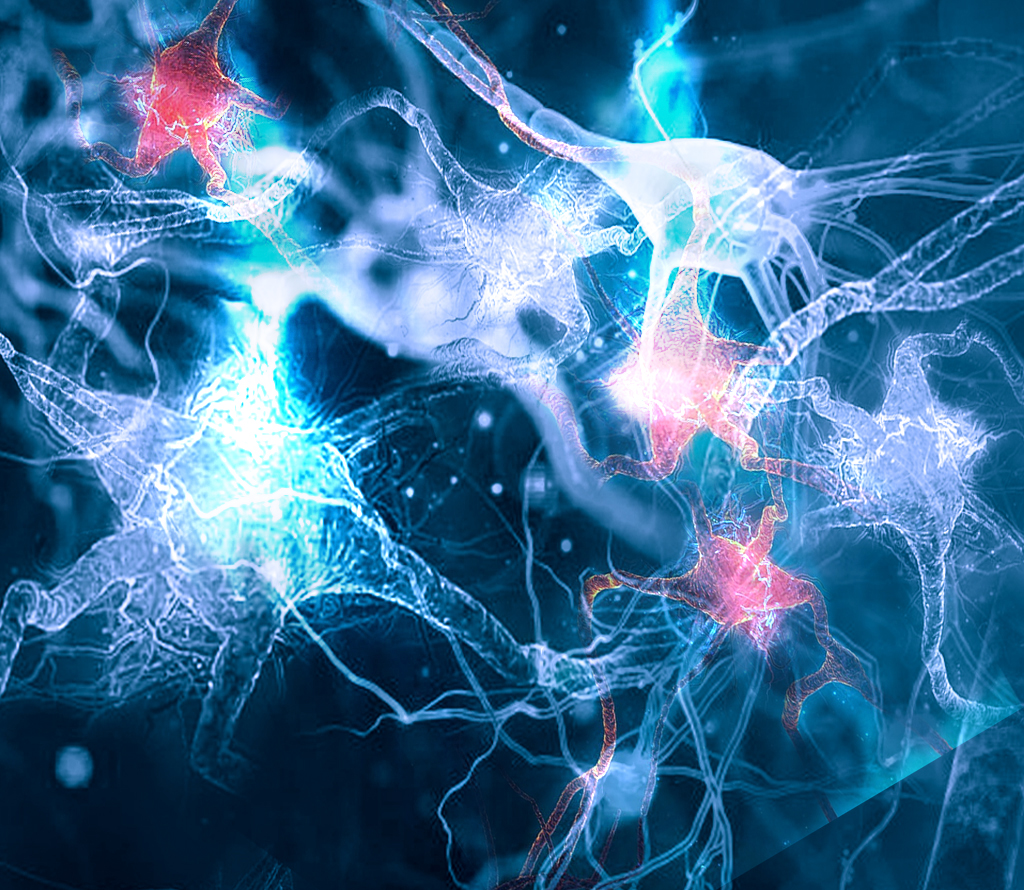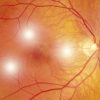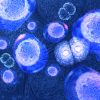Optogenetics is an emerging biological technique that involves neurology, cell physiology, and gene therapy. This novel technique aims at rendering non-light sensitive cells responsive to light and represents a powerful tool to restore sight in people who lost their vision due to a degenerative retinal pathology.
Many retinal degenerative processes, such as age-related macular degeneration, retinitis pigmentosa, and other inherited diseases lead to blindness due to the loss of photoreceptors, the only cells able to sense light impulses and transform them into bioelectric stimuli.
These stimuli are propagated to the neighboring retinal cells and eventually to the brain, through the optic nerve and the optical pathways.
When photoreceptors are lost, light impulses cannot be sensed anymore and no electrical impulse can be generated and reach the brain. The surviving retinal cells are unable to sense light themselves and optogenetics aims at making them able to do so, becoming the “new photoreceptors” and restoring vision.
This can be achieved with the aid of gene therapy, which permits to insert in the cells a gene able to give them the instructions to produce a light-sensitive protein able to response to light with an electrical stimulus, similarly to what photoreceptors do.
Many preclinical studies in animal models confirm the possibility to restore vision with optogenetics, and clinical trials on humans are already ongoing, making this new technology a good candidate as a new therapy to restore vision in the blinds.



